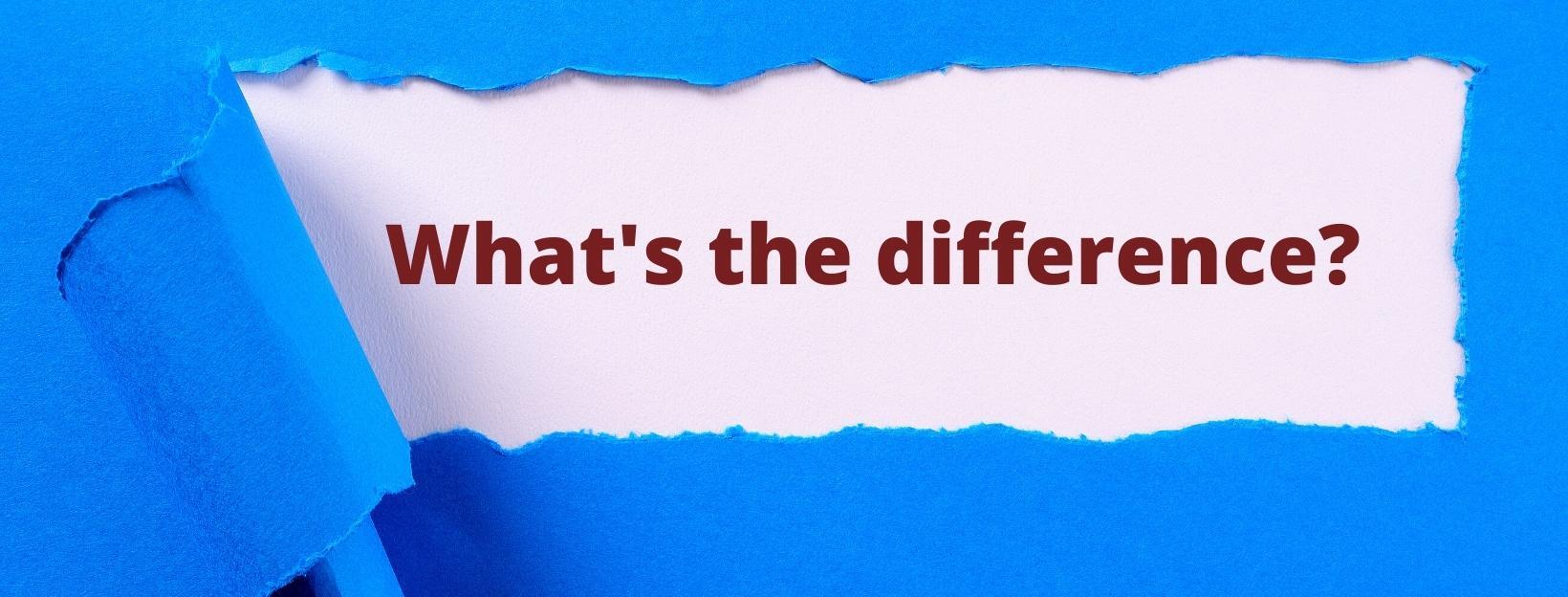As you start to plan for your future, both in terms of financial affairs and health care needs, you may wonder what estate planning and elder law entail and how they differ. Estate planning and elder law also have some similarities.
Even though these two types of law are for different stages in life, they are often handled at the same time. This is because many people wait till later in life to start their estate planning process. When an older person creates an estate plan, they may also need some elder law counseling. To better understand the two areas of the legal field, we will look at the solutions they provide, questions they answer, and how they can work together.
Estate Planning
The main goal of estate planning is to choose legal documents that will determine what will happen to you and your assets once you have passed away or become incapacitated. An estate planning attorney will help you make important decisions, such as:
- Who makes medical and financial decisions if you are unable
- Who is allowed access to your medical records
- How assets are distributed after you are gone
- Who cares for minor children if you become incapacitated or die
- Who manages money for your minor children if you are no longer able
- How to handle your funeral arrangements and burial
Advance Directives
By using a power of attorney document, you can name a person, or persons, to make financial decisions on your behalf if you are no longer able to do so. Expressing your end-of-life wishes requires designating a person to make healthcare decisions for you by completing a health care proxy. By completing a Health Insurance Portability and Accountability Act (HIPAA) form, you will give your health care providers permission to share your medical records with the people listed on your HIPAA form.
Wills and Trusts
In your will, you can name the beneficiaries of your estate as well as a guardian to care for any minor children you may have at the time of your death. You can also name a conservator to manage the money you leave for their benefit. Some people create a trust, or trusts, to hold their assets during their lifetime and after death. They then sign a pour-over will that moves assets into their trust(s) upon death. You can leave instructions concerning your funeral or memorial service and what you want to happen to your remains in your will or a separate document.
Elder Law
Whereas estate planning focuses mostly on what happens after a person dies, the area of elder law focuses on a person’s last years or months. This can include planning for long-term care and applying for government assistance, such as Medicaid, Medicare, and veterans’ benefits, if applicable. Using elder law tools and strategies, an elder law attorney can help you find ways to preserve your assets while preparing to apply for benefits.
Like estate planning, it is best to start the elder law planning process well in advance. To qualify for benefits, such as Medicaid, you may have to sell or transfer ownership of some assets years before applying for benefits. Gifting or transferring assets out of your name must be done according to government requirements, so applying for benefits can be a complicated process. Hiring a skilled attorney can make the difference between receiving benefits quickly or not at all.
Since seniors are at a greater risk for discrimination, neglect, and abuse, elder law attorneys can help seniors and their family members recognize when a senior’s rights are being violated and take legal action to counter and remedy the situation.
Tying Estate Planning and Elder Law Together
It is best to start your estate planning process as soon as possible since the decisions involved could come at any time due to an accident or an illness. Planning for end-of-life care and the benefits associated with it may come later in life, but preparing well in advance lets you legally reduce assets for an extended period to qualify for benefits, like Medicaid.
Even younger families just starting their estate planning process may look at elder law planning at the same time for senior family members’ needs. Some estate planning tools, such as trusts, are often used when helping a parent plan for Medicaid and other government benefits for long-term care expenses. An attorney experienced in both estate planning and elder law can advise you in these areas and help you navigate complicated processes.
This article offers a summary of aspects of estate planning law. It is not legal advice and does not create an attorney-client relationship. For legal advice, contact us to schedule a consultation with one of our experienced estate planning and elder law attorneys.
more news you can use



Still have questions?
Tell us about your situation.

Centrally Located in Brighton
near Cobbs Hill:
1399 Monroe Avenue,
Rochester, NY 14618
Map & Directions
Weekly News & Updates
Subscribe now and get our FREE Guide, "The Top Eight Mistakes People Make with Medicaid Qualification"
Rochester Elder Law
All Rights Reserved
Legal Disclaimer: The information on this website is for general purposes only and is not legal advice. Content may change without notice. Please consult an attorney for guidance on your specific situation. Contacting us does not establish an attorney-client relationship. Do not send confidential information until a formal attorney-client relationship is established. This site may contain attorney advertising. Prior results do not guarantee similar outcomes. By using this site, you agree to this disclaimer.







